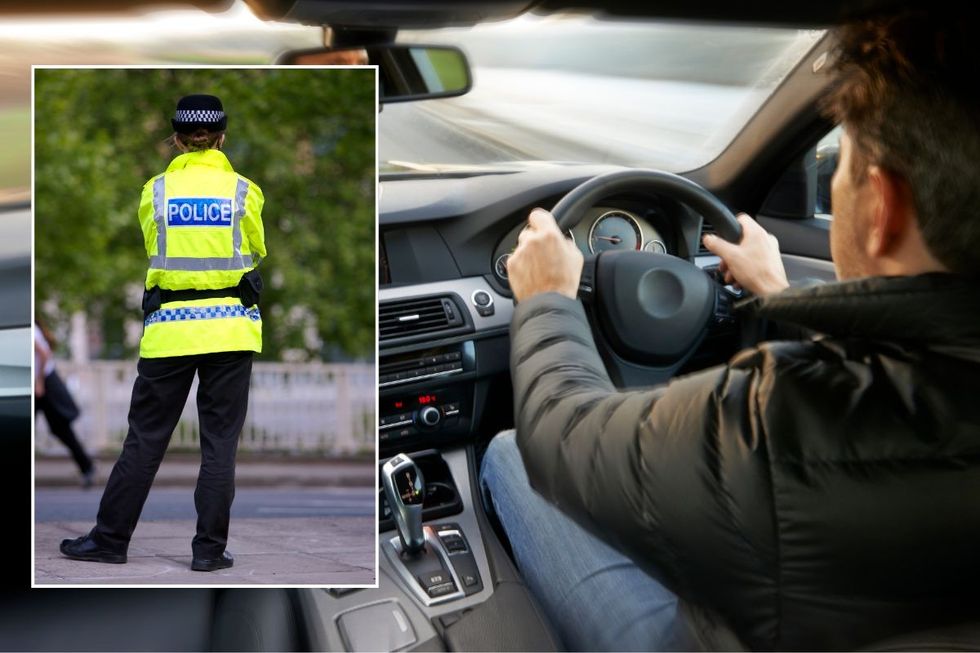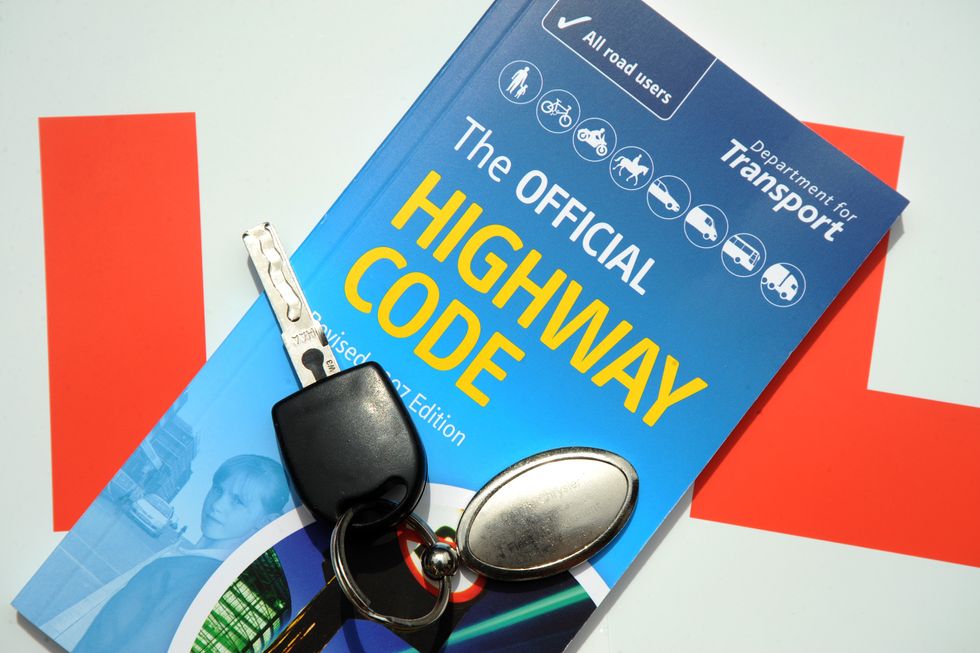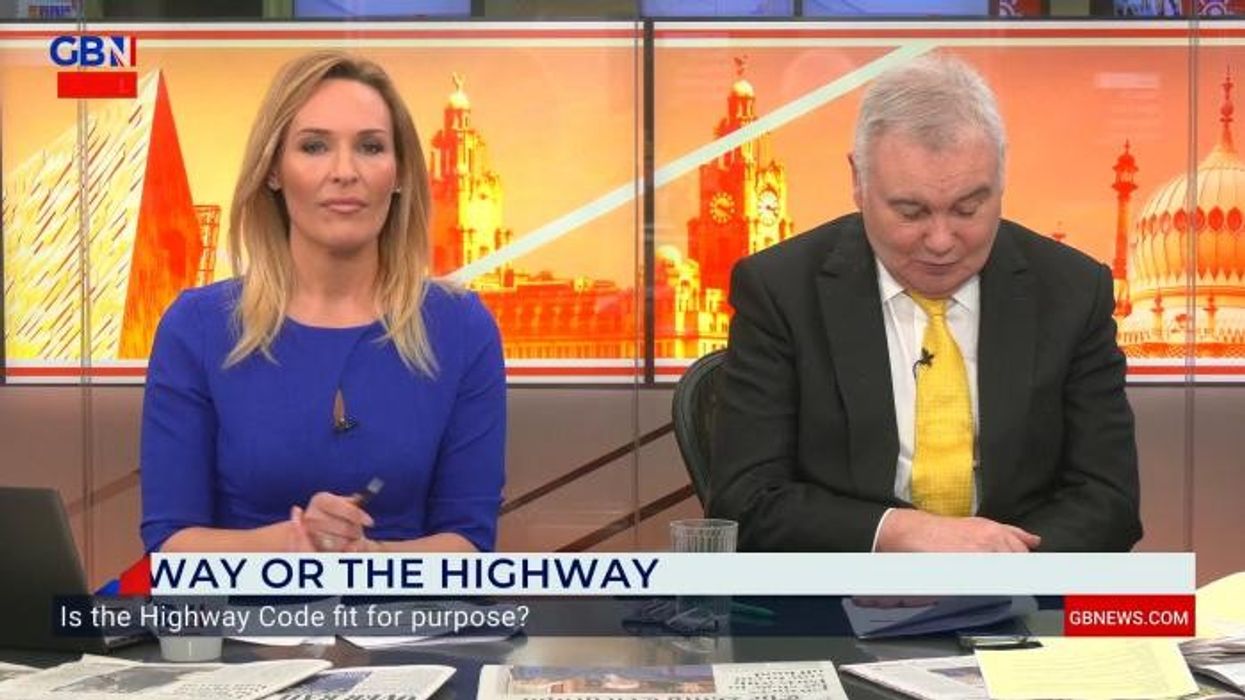Millions of motorists risk 'catastrophic consequences' when driving with passengers in fresh warning

'Although your eyes are on the road, it’s easy for your mind to wander behind the wheel, especially on long journeys'
Don't Miss
Most Read
Millions of motorists could find themselves at risk of serious danger on the road by talking to other passengers, which leads to the biggest causes of distracted driving mistakes.
More than six in 10 drivers surveyed by the RAC said they made a mistake on the road due to internal or external factors, putting themselves and other road users at risk.
A further 43 per cent of motorists said talking to passengers led to them making mistakes behind the wheel, while others cited daydreaming as a distraction.
While mistakes can range from minor factors like missing a junction, other issues could include exceeding the speed limit, ending up in the wrong lane or even narrowly colliding with a car, pedestrian or cyclist.
Do you have a story you'd like to share? Get in touch by emailing motoring@gbnews.uk

Experts are warning of serious consequences if someone is distracted at the wheel
|GETTY
Drivers also took aim at other motorists, adding that they spot others talking on the phone (46 per cent), applying make-up (42 per cent) or littering (35 per cent).
Rod Dennis, RAC road safety spokesperson, said talking to passengers or daydreaming is so common that people don't perceive it to be a major issue.
However, the RAC data finds that it is responsible for "most of the errors drivers admit to", potentially causing serious road safety issues.
He added: "Although your eyes are on the road, it’s easy for your mind to wander behind the wheel, especially on long journeys.

Many younger drivers admitted to using a mobile phone while at the wheel
| GETTY"Distractions can have catastrophic consequences for both drivers themselves and other road users, especially in extreme instances like failing to stop at a junction or at a red light or crossing."
Despite the technological advancement of new cars, many drivers may find the modern touchscreen system to be distracting.
Some higher-end cars are taking things even further by adding normal controls that would typically be physical buttons and including them on the touchscreen.
Older and more traditional cars will have features like air conditioning or heating as buttons, while some newer vehicles require the driver to control it all with their infotainment touchscreen.
LATEST DEVELOPMENTS:
Data from the Department for Transport shows that 940 people were killed or seriously injured in 2023, where drivers were distracted by something within the vehicle.
In comparison, 280 Britons were killed or seriously injured when a driver was distracted by external factors outside the vehicle.
Only eight per cent of people who admitted to using their phone behind the wheel actually thought it had led to them making a mistake.
Data shows that younger drivers under the age of 25 admitted to making and receiving handheld voice calls behind the wheel.

Experts have called for new Highway Code changes to be introduced to improve road safety
| PADennis continued, saying: "The practice of driving is second nature for many of us, but our research suggests things we do without thinking in the car have far more potential to cause us to make errors than we might realise.
"Driving is still a very mentally demanding task, especially as we need to be able to react to what’s in front in a split-second, so it’s important we do everything we can to stay alert and minimise distractions."
Labour is expected to release a new Road Safety Strategy later this year, which would mark the first wide-scale plan for over a decade.
Former Transport Secretary Louise Haigh confirmed that changes would be introduced to make all road users safer, which could include new Highway Code rules or changes to information campaigns.











